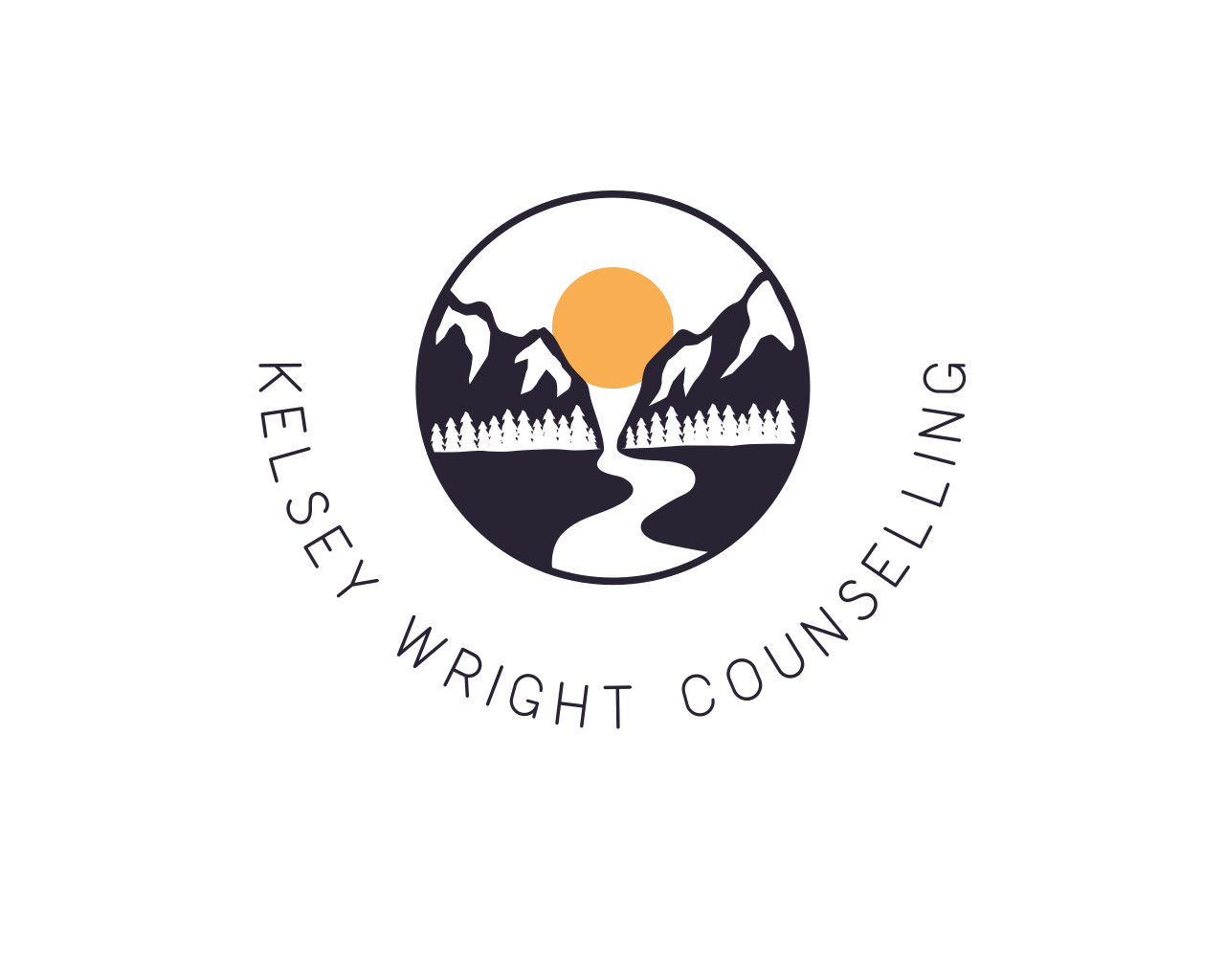“Every worthy act is difficult. Ascent is always difficult. Descent is easy and often slippery.”
Counselling for Anxiety and Depression
My Approach:
I provide empathetic and comprehensive counseling for individuals dealing with general anxiety, social anxiety, OCD, phobias, as well as low mood, depression, burnout, and stress. My approach integrates evidence-based therapies to foster holistic healing tailored to your unique experiences. Please see below for an overview of my approaches to working with anxiety and depression.
General Anxiety and Depression: While Cognitive-Behavioral Therapy (CBT) focuses on identifying and challenging our negative thought patterns with more balanced thinking, Acceptance and Commitment Therapy (ACT) focuses on accepting our thoughts and emotions without judgment, and focusing on changing our behaviours which tie back to our value system. Although these are very different approaches I find they can be used together in a complementary way to provide a comprehensive approach to addressing various psychological and emotional challenges. These approaches teach practical coping strategies and relaxation techniques. Mindfulness-based interventions can complement ACT and CBT approaches by building self-awareness and acceptance of the present moment. This combination can help individuals gain better control over their anxious thoughts and emotions.
Social Anxiety: Social anxiety can be effectively treated with exposure therapy, which involves gradually facing feared social situations. Keyword: Gradually! Bit by bit we work our way through different exposures which bring up anxiety in social situations. This gradual exposure helps desensitize individuals to their fears. Additionally, Acceptance and Commitment Therapy (ACT) can be beneficial for social anxiety by helping clients accept their anxious feelings rather than trying to eliminate them entirely, while also encouraging them to engage in valued social activities.
Obsessive-Compulsive Disorder (OCD): Cognitive-behavioral therapy with an emphasis on Exposure and Response Prevention (ERP) is the gold standard for treating OCD. ERP involves exposing individuals to their obsessive fears and preventing the compulsive behaviors that typically follow. This helps individuals learn to tolerate anxiety and reduces the need to engage in compulsions. Mindfulness techniques can also be useful in helping individuals with OCD gain better control over their obsessive thoughts.
Phobias: Exposure therapy is highly effective for treating specific phobias. This approach involves gradual and systematic exposure to the feared object or situation. Exposure therapy helps individuals learn that their feared outcomes are unlikely, and it can lead to a reduction in their phobic reactions. Grounding skills, such as deep breathing or mindfulness exercises, can be used to manage anxiety during exposure sessions.
Eye Movement Desensitization and Reprocessing (EMDR): EMDR is particularly helpful for individuals with trauma-related anxiety and depression. Keep in mind that trauma is often developmental or relational trauma, and not necessarily violent or life-threatening. This is anything that overwhelms our nervous system and our ability to cope at the time we experience this distressing event. This may include things like being emotionally neglected growing up, going through a challenging breakup, or losing a loved one. EMDR involves bilateral stimulation while processing traumatic memories to reduce their emotional intensity. EMDR can help individuals process and integrate traumatic experiences, allowing them to experience decreased anxiety and distress.
Burnout and Stress: Learning to recognize the signs and sources of burnout, and collaboratively developing strategies for self-care and stress management. It's essential to explore work-life balance, set realistic boundaries, and identify factors contributing to burnout, such as excessive workload or lack of support. I also strongly encourage the exploration of personal values and passions in our sessions to guide decisions about work and life. I provide coping strategies like mindfulness, visualization, grounding, and relaxation techniques, and time management skills.
Holistic Healing: I use a holistic approach that addresses both mental and physical aspects of anxiety and depression.
Client-Centered: Your needs guide our therapy, creating a personalized treatment plan tailored to your history, preferences, and goals.
Mindfulness & Somatic Techniques: I employ mindfulness and somatic practices to enhance self-awareness and emotional regulation.
In-Depth Exploration: Exploring your history to identify and start to connect past experiences and their impact on current belief systems and behaviours.
Practical Skills: Accumulate new tools and practices from evidence-based approaches such as CBT, ACT, EMDR, and somatic therapy. Learn strategies to cope with rumination and intrusive thoughts.
Non-Judgmental Space: My counseling environment is safe, compassionate, and non-judgmental for open discussions.


